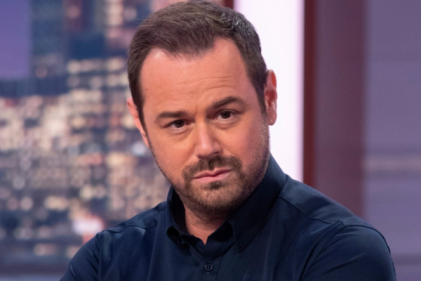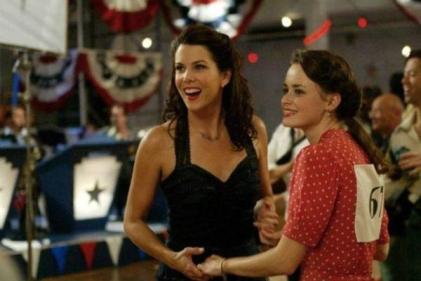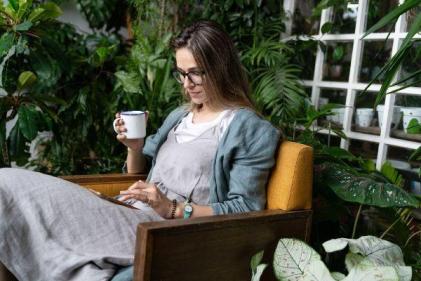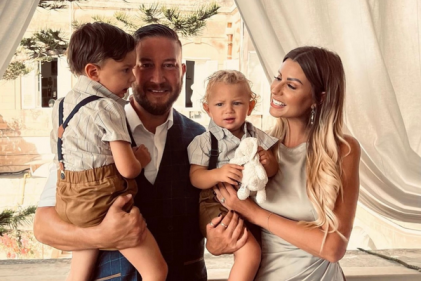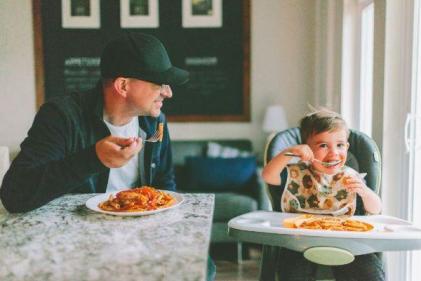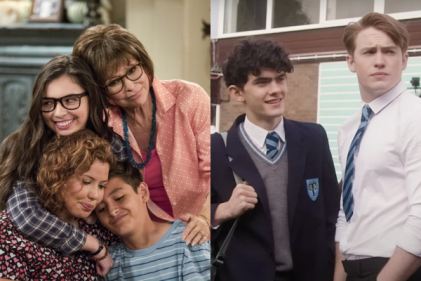Breast cancer doesn’t always present itself as a tumour or lump.
For Jennifer Cordts, it was a patch of redness similar to a sunburn on the side one of her breasts - no lump or tumour in sight.
Two years after Jennifer noticed the discolouration, she contacted her primary care doctor to arrange a mammogram: "I went and got a mammogram and it came back normal. Everything looked fine," she explained.
Her mammogram showed no tumours or lumps, and her blood work came back normal - which was a welcome relief for Jennifer and her doctors.

"I was told, crazy enough, that my bra was too small," she explained, which was the alleged reason for the redness on her breast.
But after taking an antibiotic and buying all new bras, the light-red spot on her breast did not go away.
Jennifer started to get worried, and decided to Google her symptoms one night - discovering something she didn't even know existed.
"IBC came up. Inflammatory Breast Cancer. It was the first thing that popped up. And it was late at night. Everybody was asleep. And I was terrified. I just had a bad feeling."

Jennifer spoke about getting the official diagnosis from her radiologist: "It took my breath away. I remember him saying inflammatory breast cancer. And all I could think about was what I Googled. Because what I Googled said everybody dies. That nobody survives. So, I knew my fate right then."
Medicine cannot stop inflammatory breast cancer, but it can successfully slow it down - giving Jennifer and her family more time together.
Researchers have not determined what causes IBC, but it makes up one percent of all breast cancers and, unfortunately, it is usually diagnosed too late.
"The doctors gave us three to five years. That was a year and a half ago. We're hoping for five, right?" said Rob Cordts, Jennifer’s husband.
The message Jennifer and her doctors want to spread is that IBC is a real issue, and the symptoms sometimes go ignored - but they shouldn't.

"Here's the thing. This is so rare that many gynaecologists and primary care providers – they don't see this stuff. They don't see it, so they'll come up with every excuse that it's something else than what it is. This is how it goes undetected,” said Dr. Shannon Poppito, a clinical psychologist at Baylor Scott and White.
Jennifer is now focused on making memories with her family - and tries to stay positive.
"I wouldn't be truthful to you or anybody else if I didn't say I was sad. And maybe a little mad. But mostly sad," she said to First Coast News.
“I'm not necessarily afraid to die, but I'm very afraid to say goodbye," she admitted.
Our hearts go out to Jennifer and her family.



